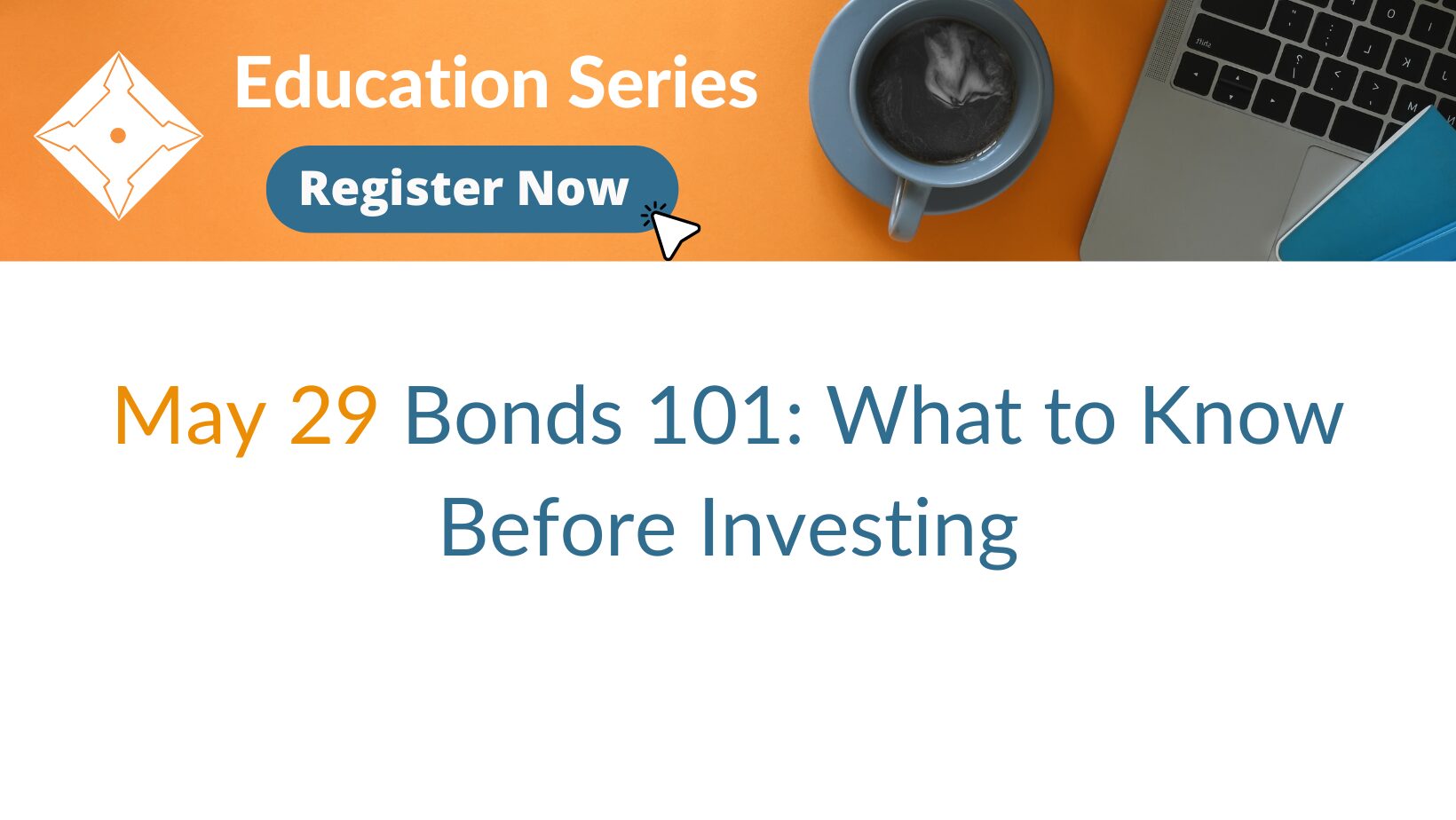Can You Retire During COVID Or During Market Volatility?
Can You Retire During COVID Or During Market Volatility?
We had a number of clients retire at the end of 2020 and none of their plans were derailed by COVID or the other challenges that came with 2020.
I’ll tackle 3 of the main points to remain focused on regardless of the environment.
1. Don’t focus on planning to retirement. Focus on planning through retirement.
The Coronavirus pandemic and corresponding level of market volatility have caused everyone to review and re-evaluate their ability to retire and their capacity for risk.
This reminds me of a key tenant of retirement planning and a core concept of determining an appropriate Investment Policy: “We don’t plan ”to” retirement, we plan “through” retirement.”
2. Don’t try to time the market.
We’re just not going to get it right. Too often, market timing results in selling investments at or near their lows (when we’re scared) & then repurchasing the same holdings after they’ve recovered (when we feel comfortable).
Behavioral finance tells us that our brains really haven’t evolved from our caveman-brains & everything comes back to fight or flight…great to avoid being eaten by a sabretooth tiger, but not ideal for investing.
If your Investment Policy was appropriate for your situation (based on timeframe until retirement, income expectations, risk tolerance, etc.) before the Coronavirus volatility, it is applicable during the volatility too. And, it will continue to be appropriate after the volatility unless your personal situation changes.
3. We need to have a realistic understanding or expectation for market volatility.
We need to understand that volatility will never go away and we need to expect a 20% or more downturn in the stock market every 3 years for the duration of retirement.
We cannot market-time our way out of it and we need to accept the fact that we will get through these periods with an IP that is appropriate for your situation & is built for the downturns.
Success over time looks like limiting downside participation and capturing a fair portion of the upside.
With all of that being said, the key is to quantify your situation with retirement projections and update those projections as your situations change.
Written by:
Fort Pitt Capital Group, LLC
507 N. Front Street, Harrisburg, PA 17101
Office (717) 260-9281
bnewman@fortpittcapital.com | www.fortpittcapital.com
Questions for Brad? You can contact him here.
Content provided is for educational purposes only.


